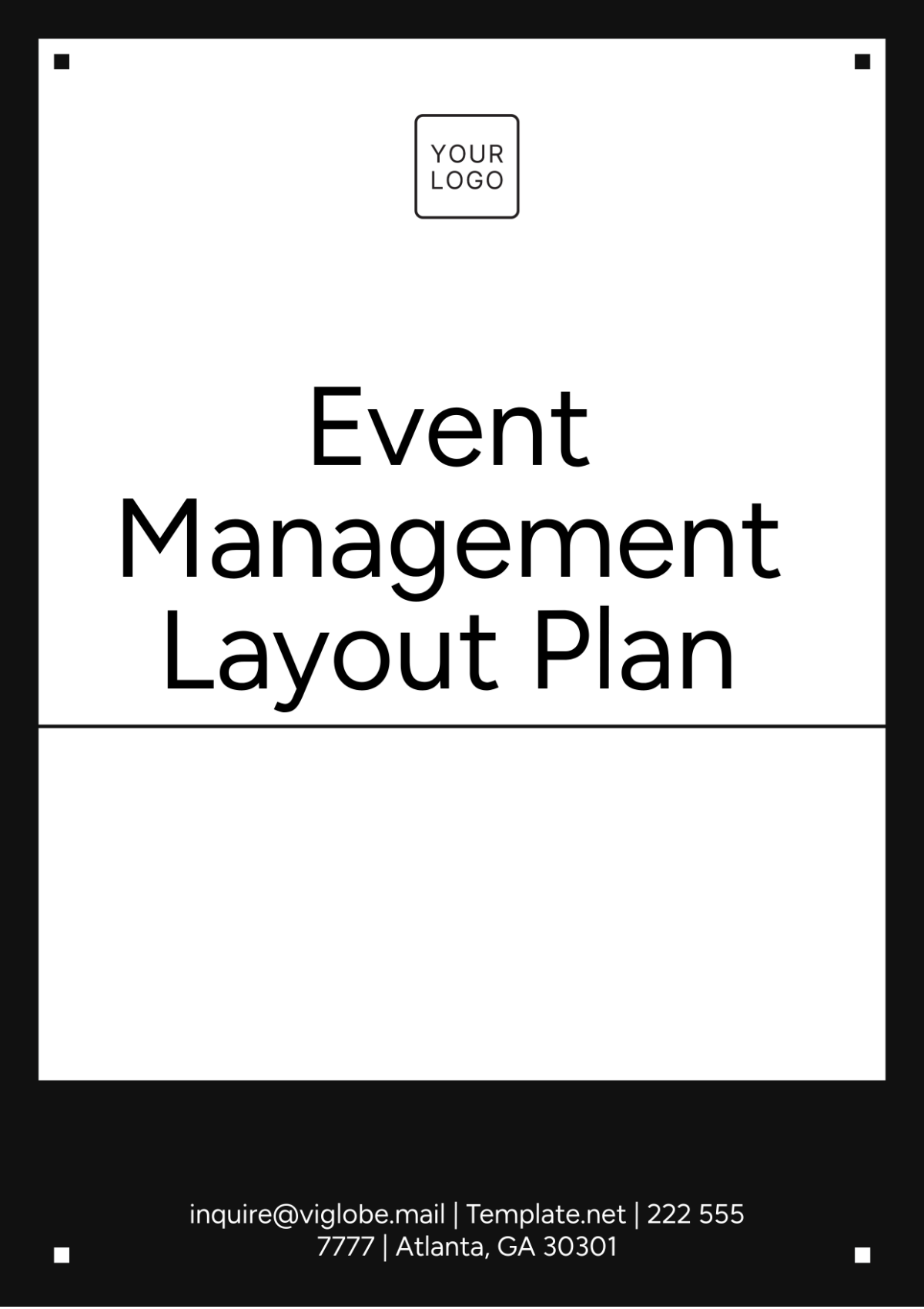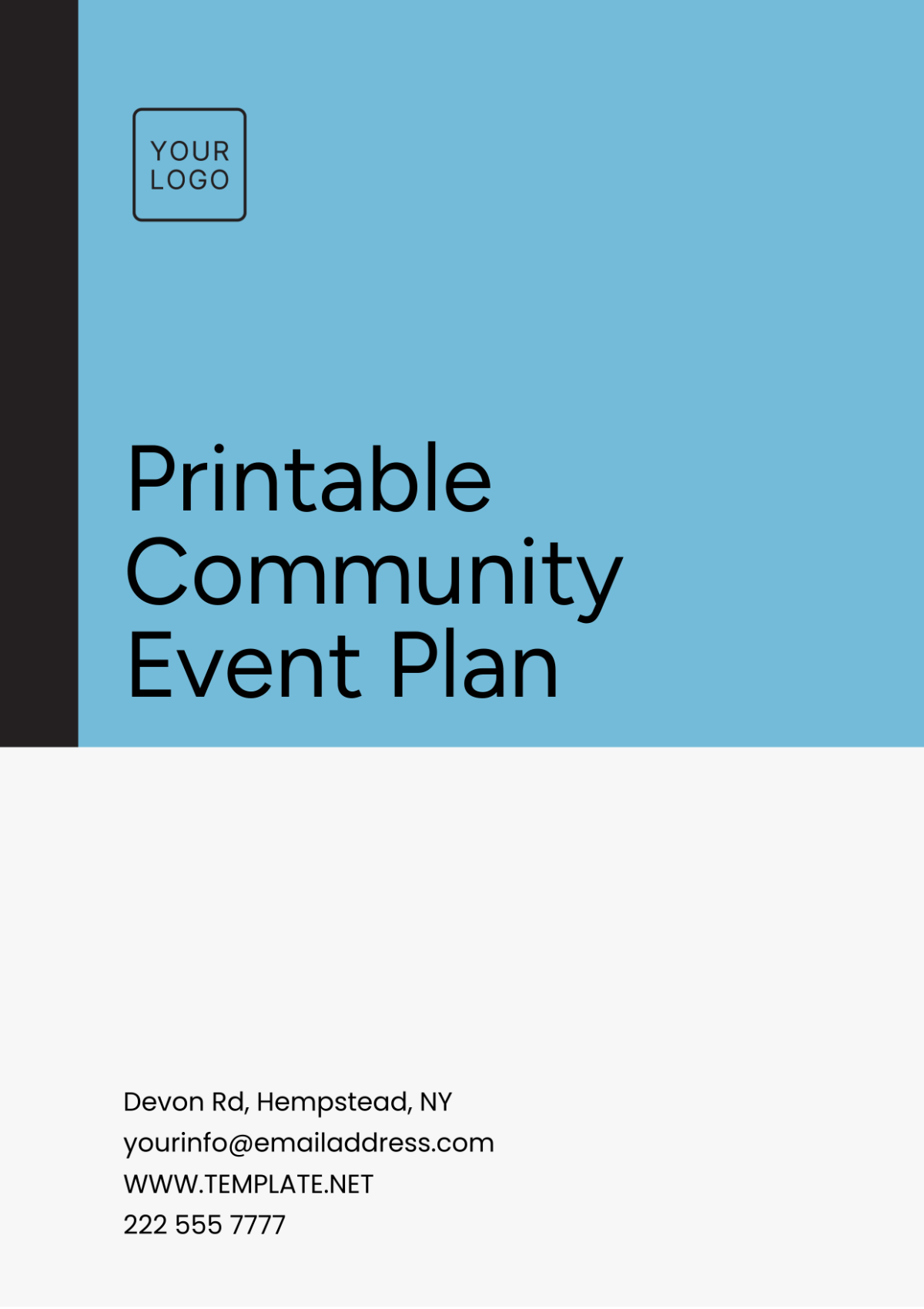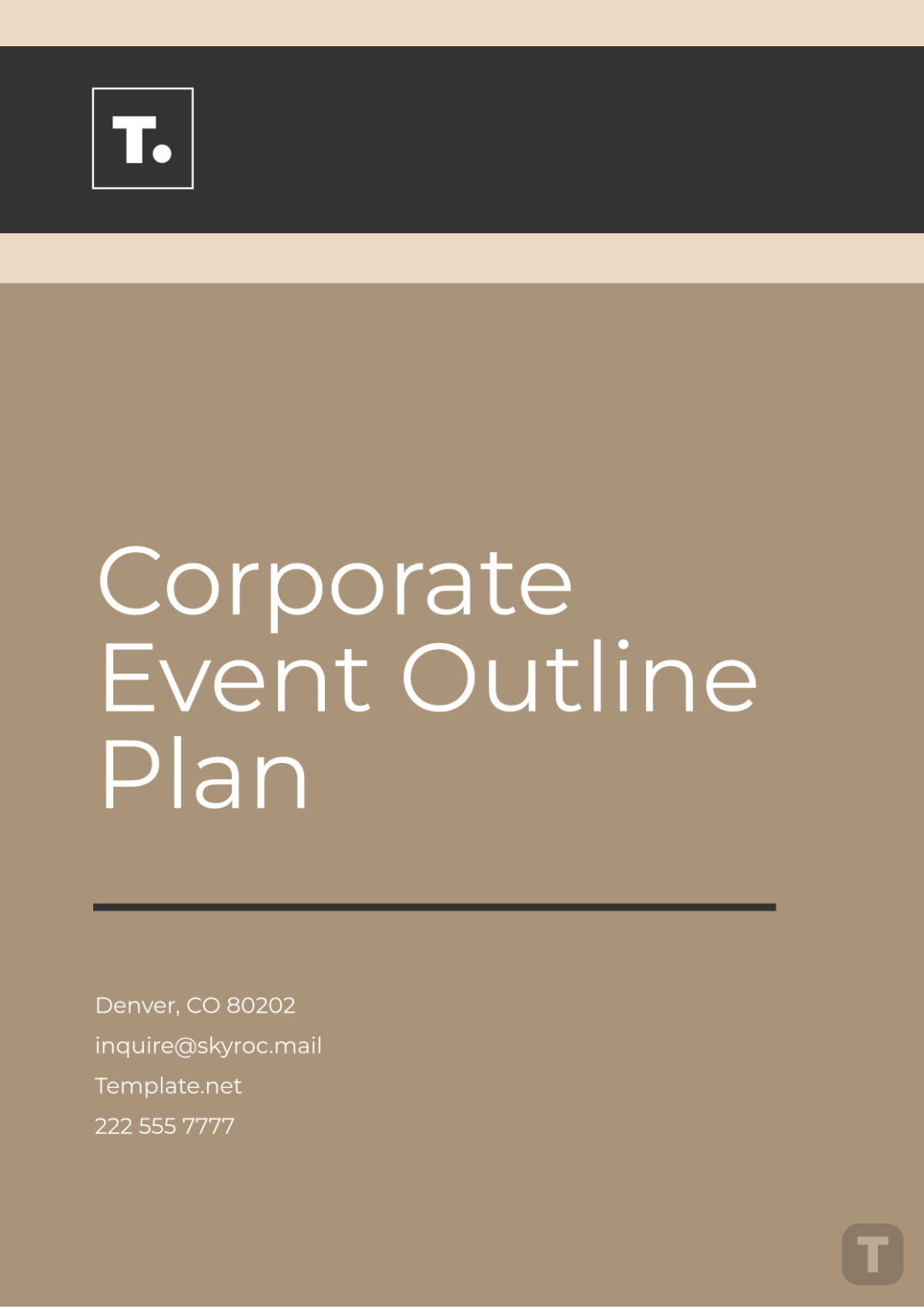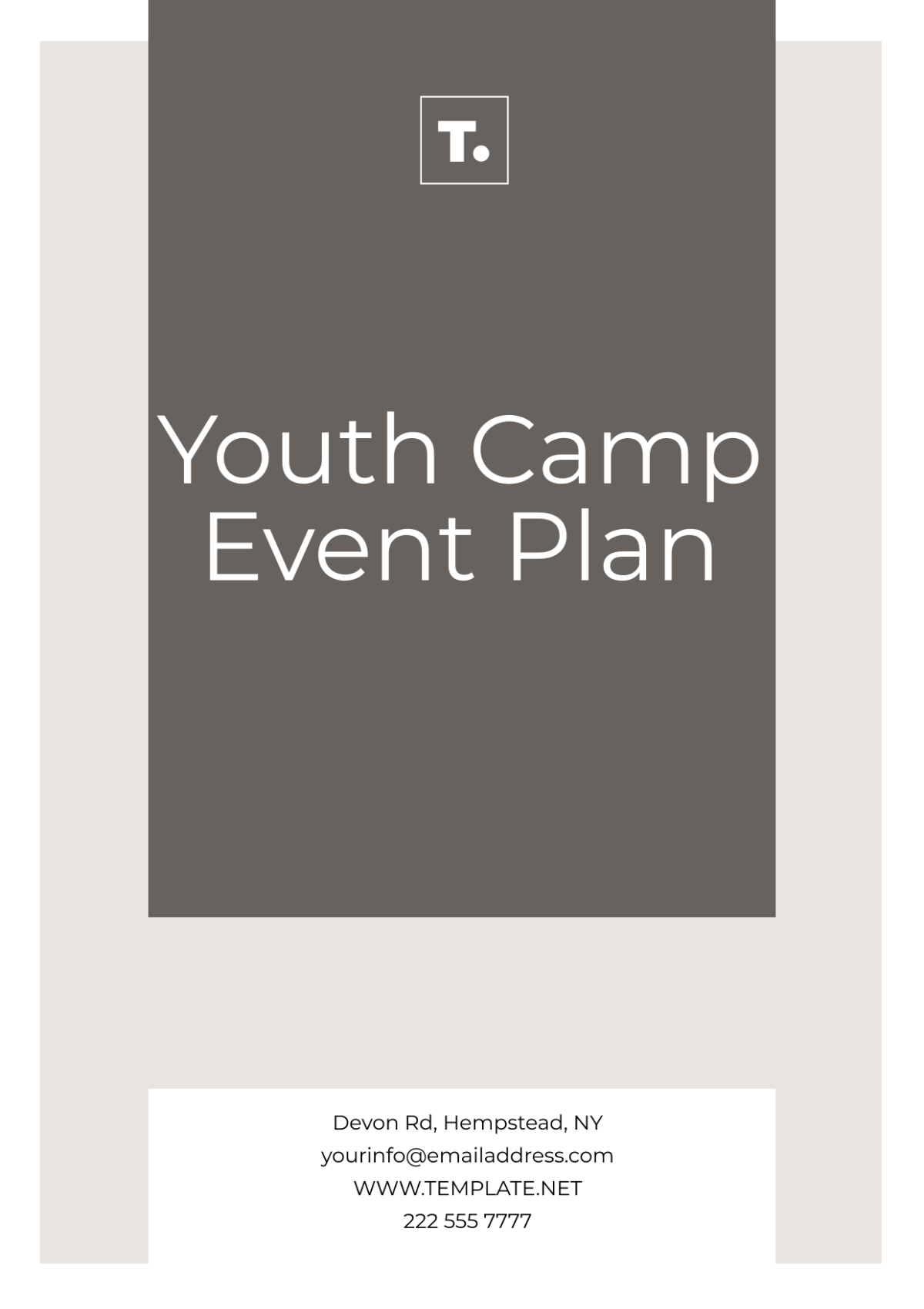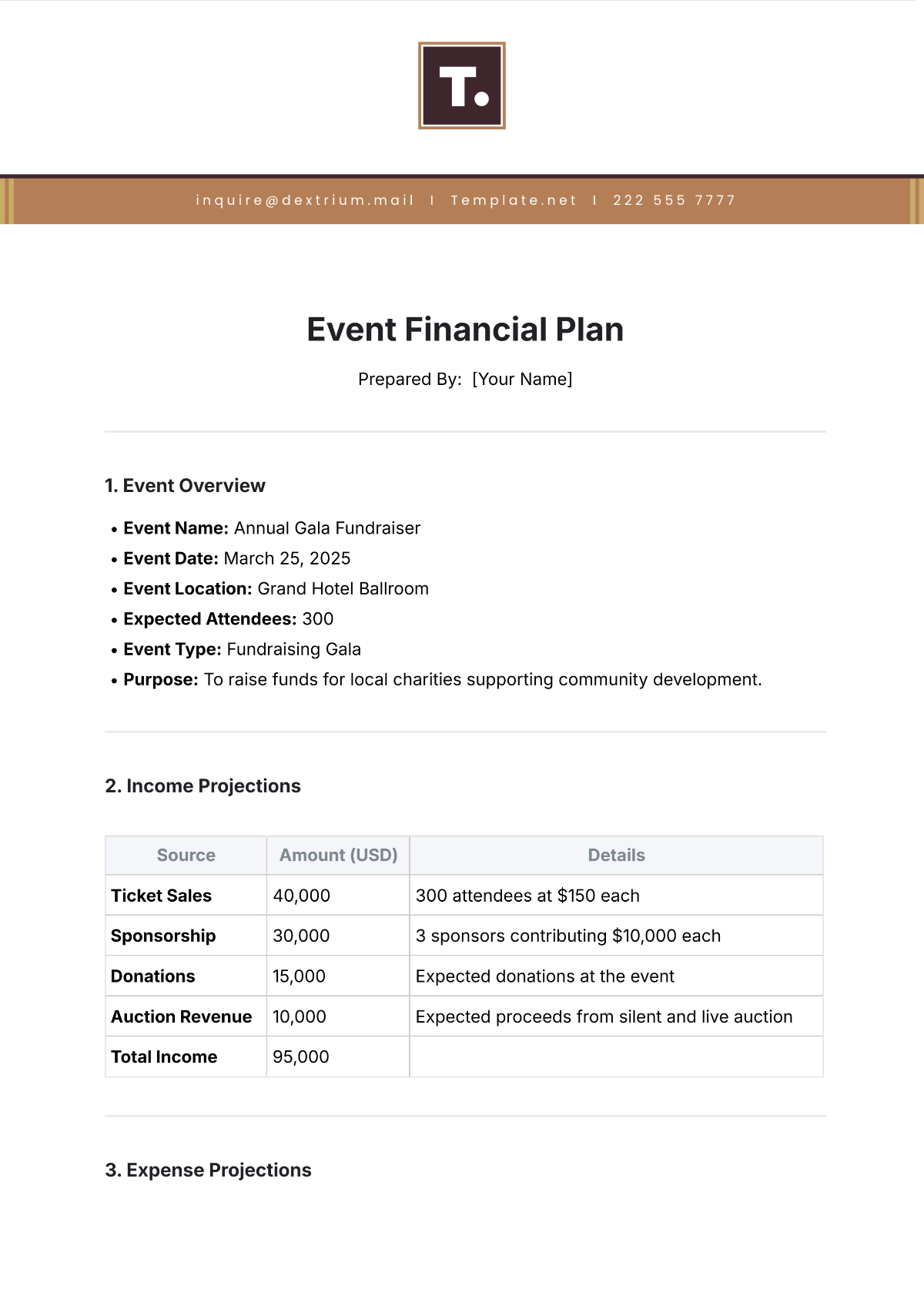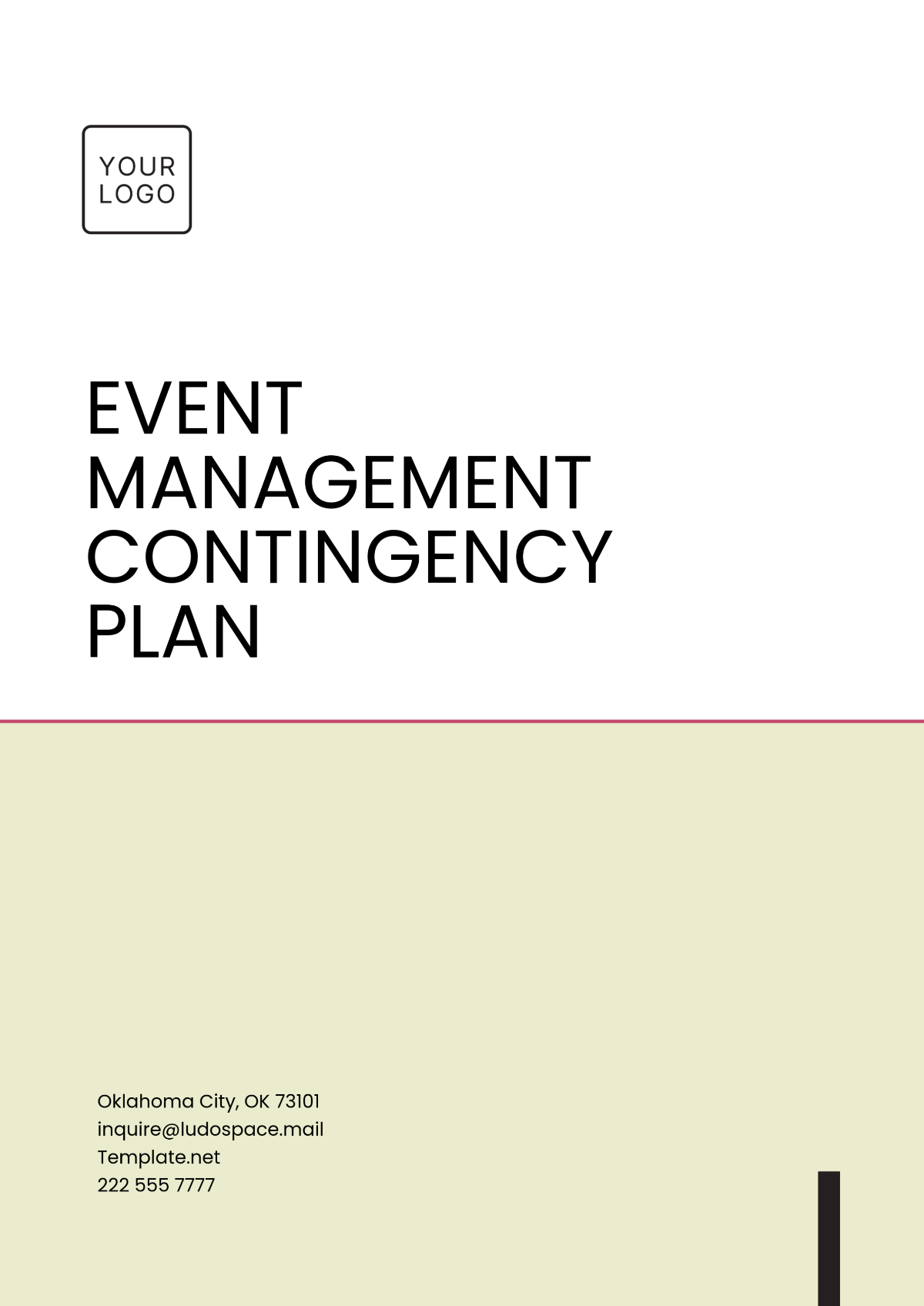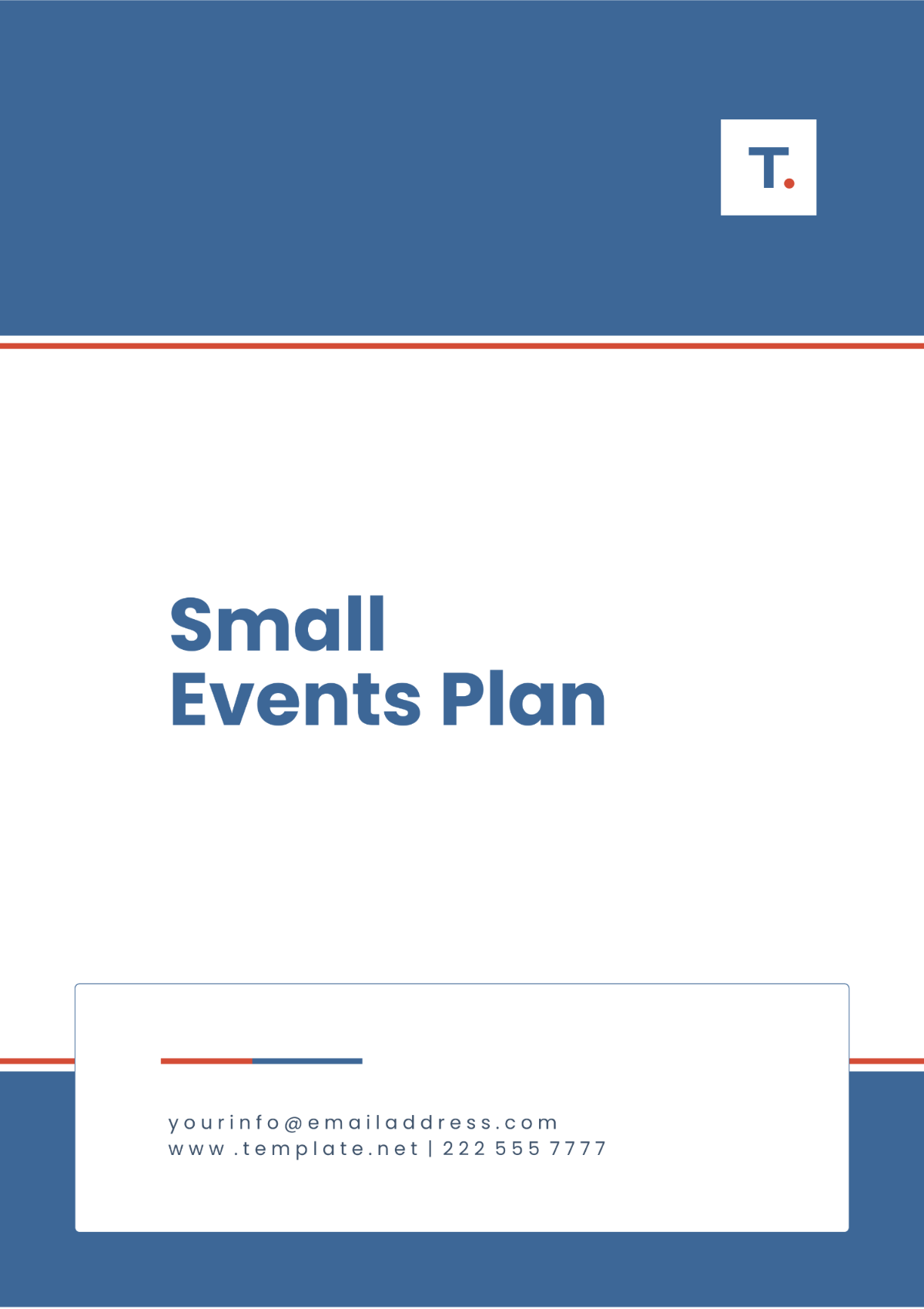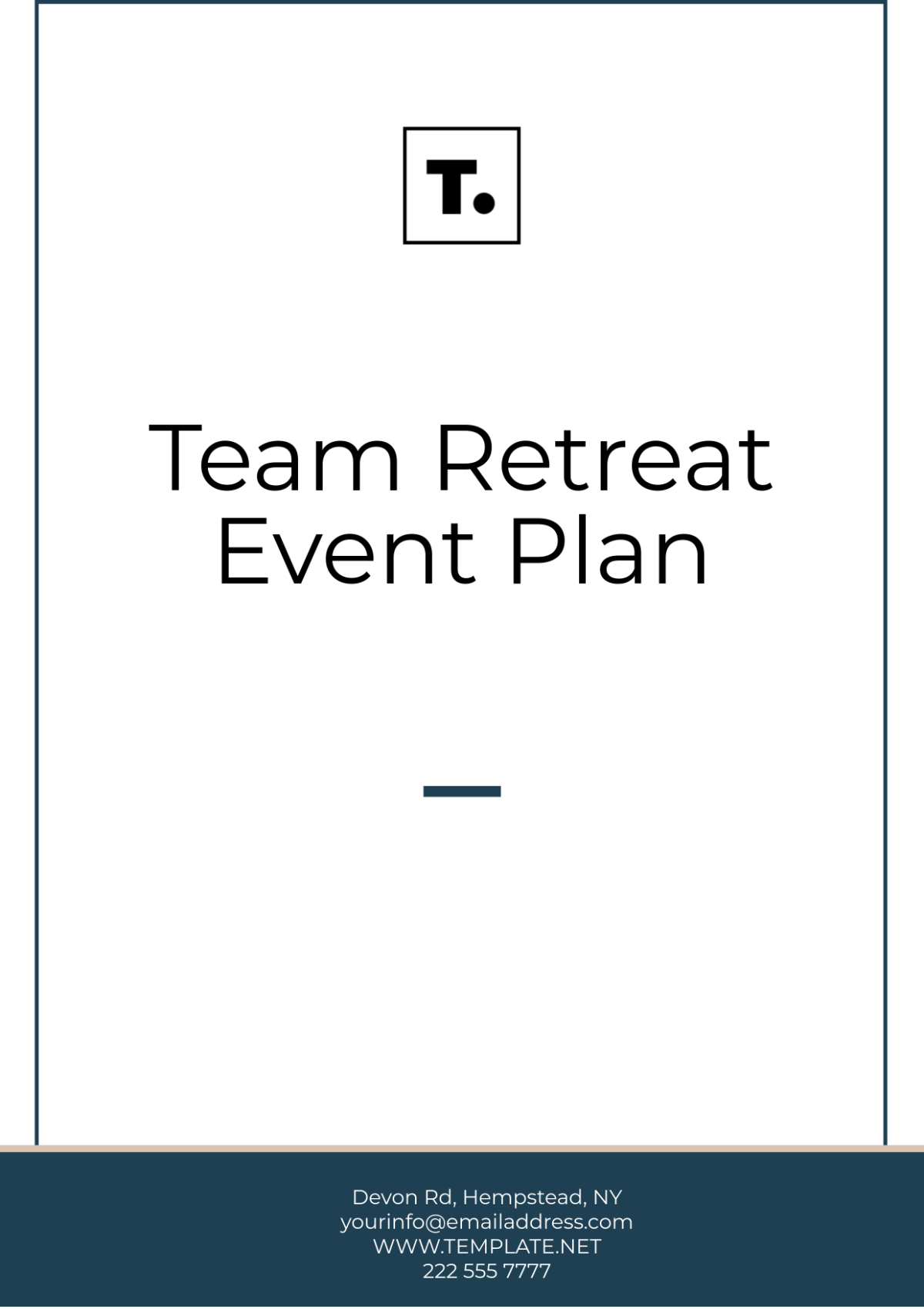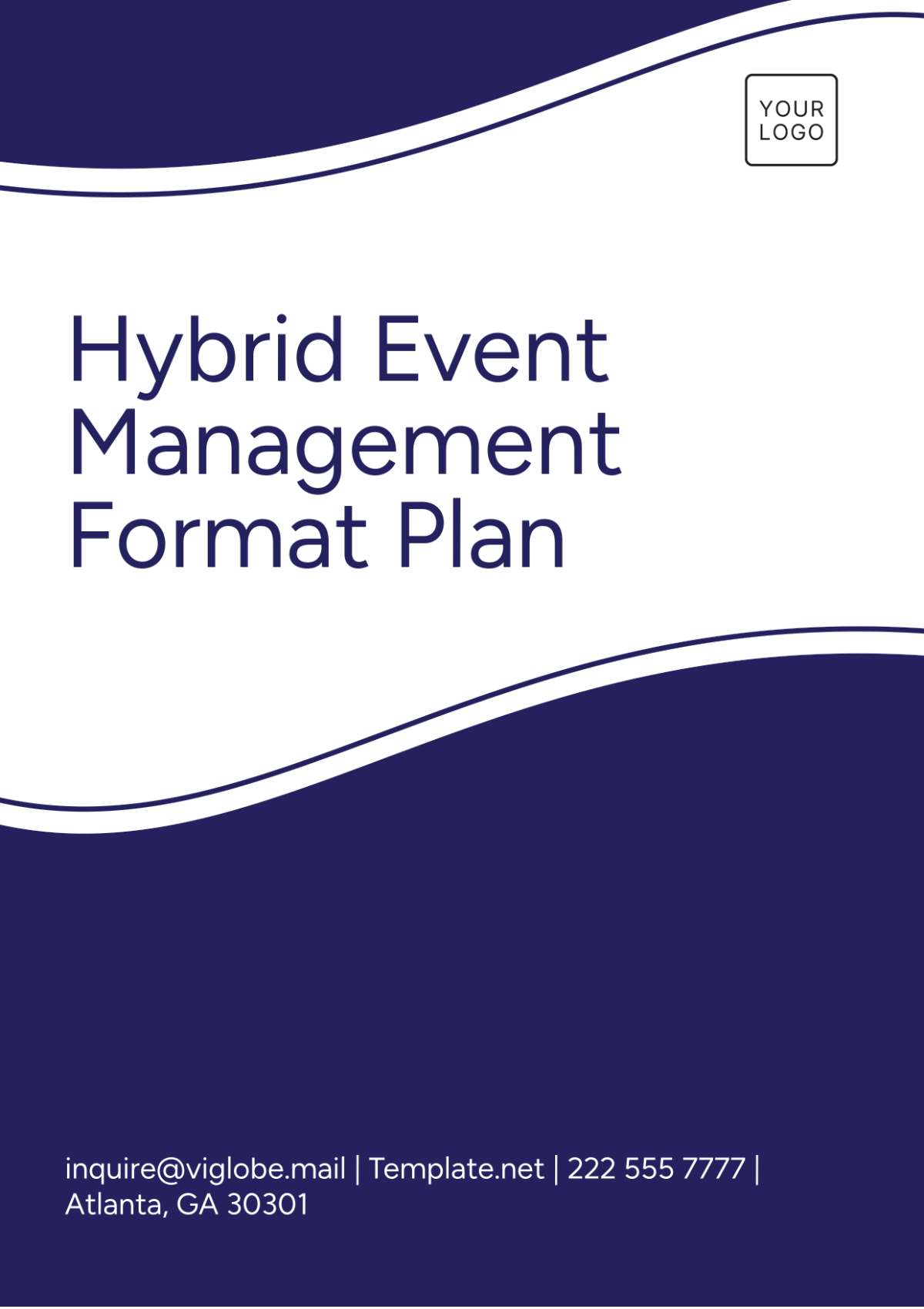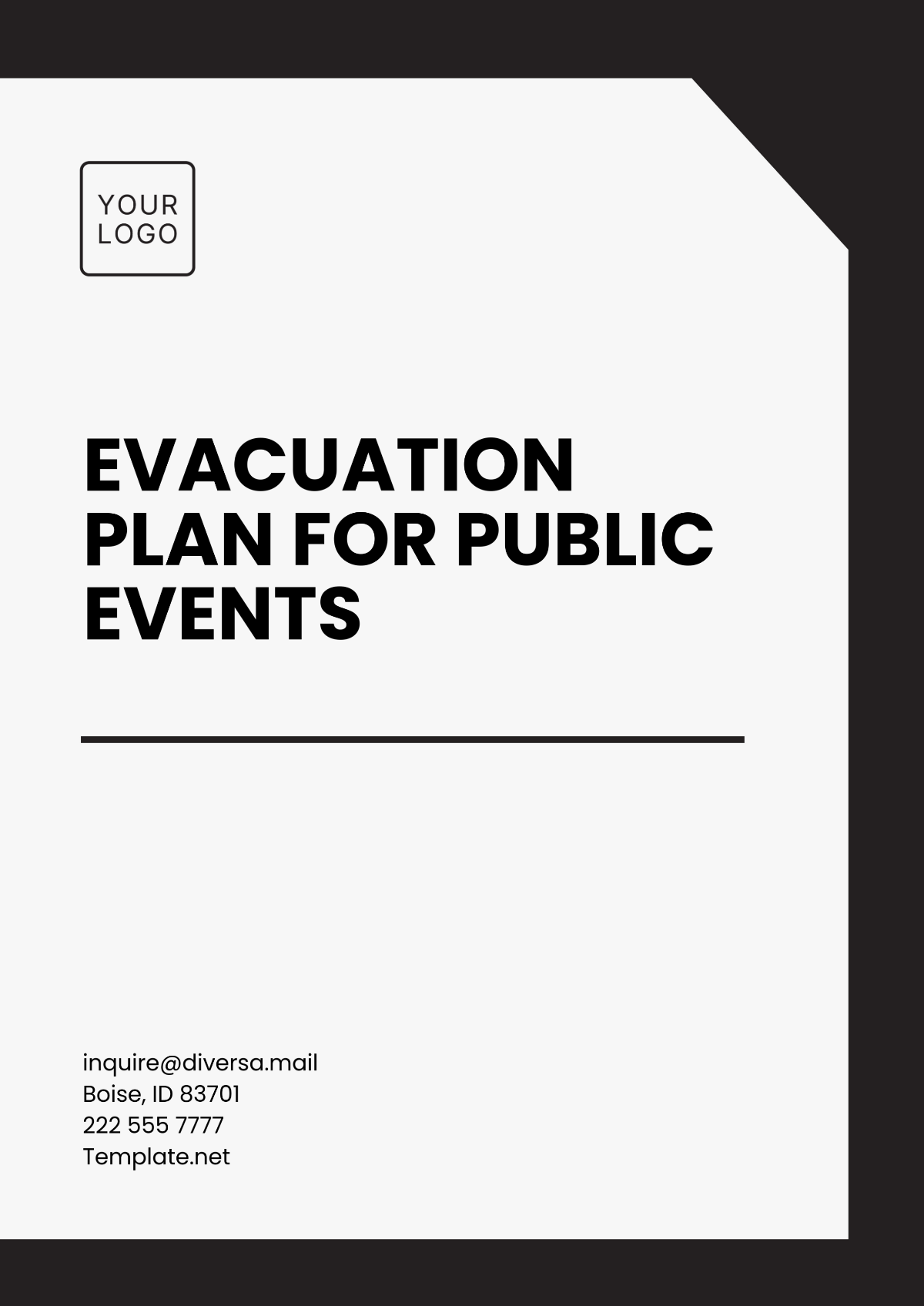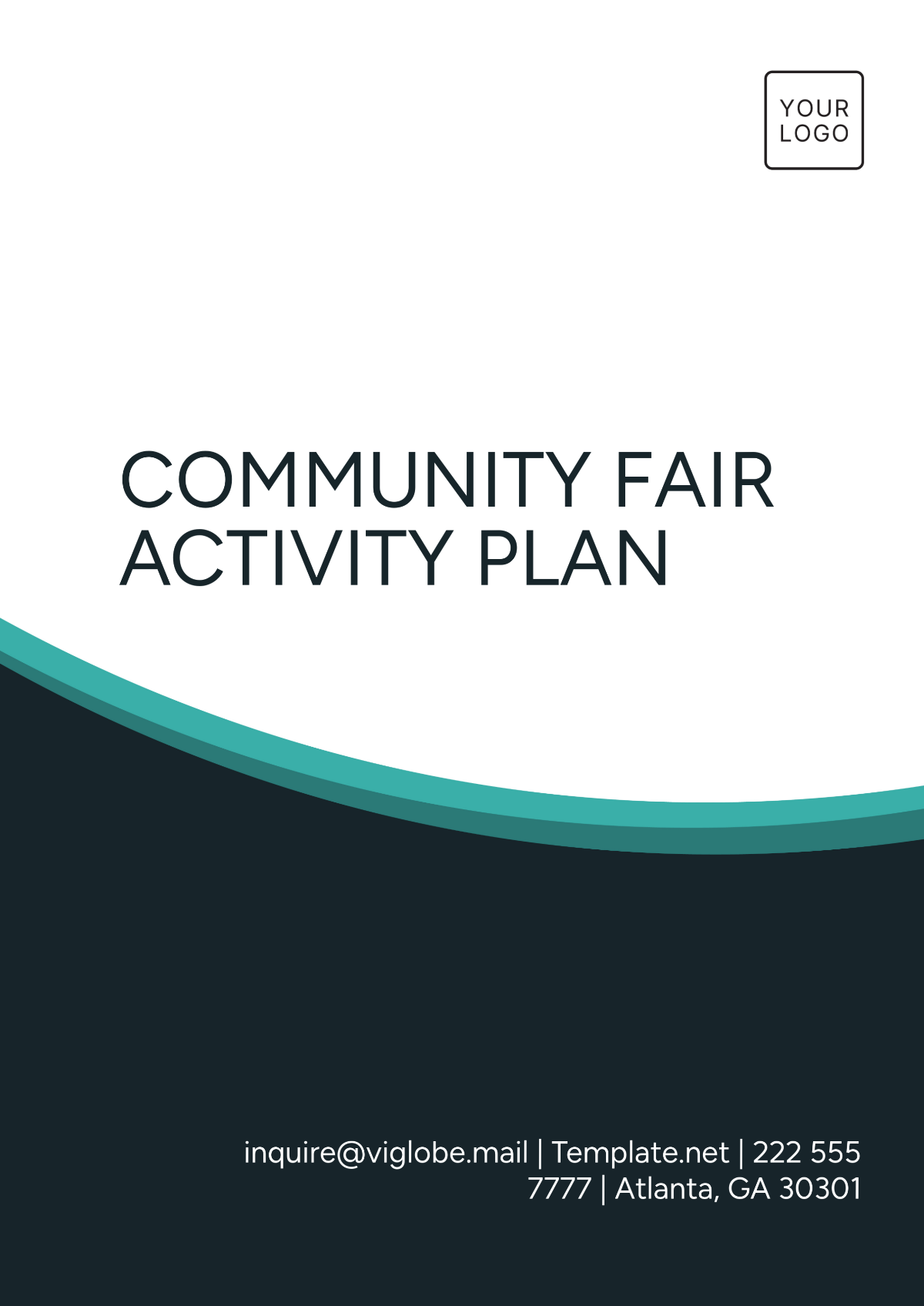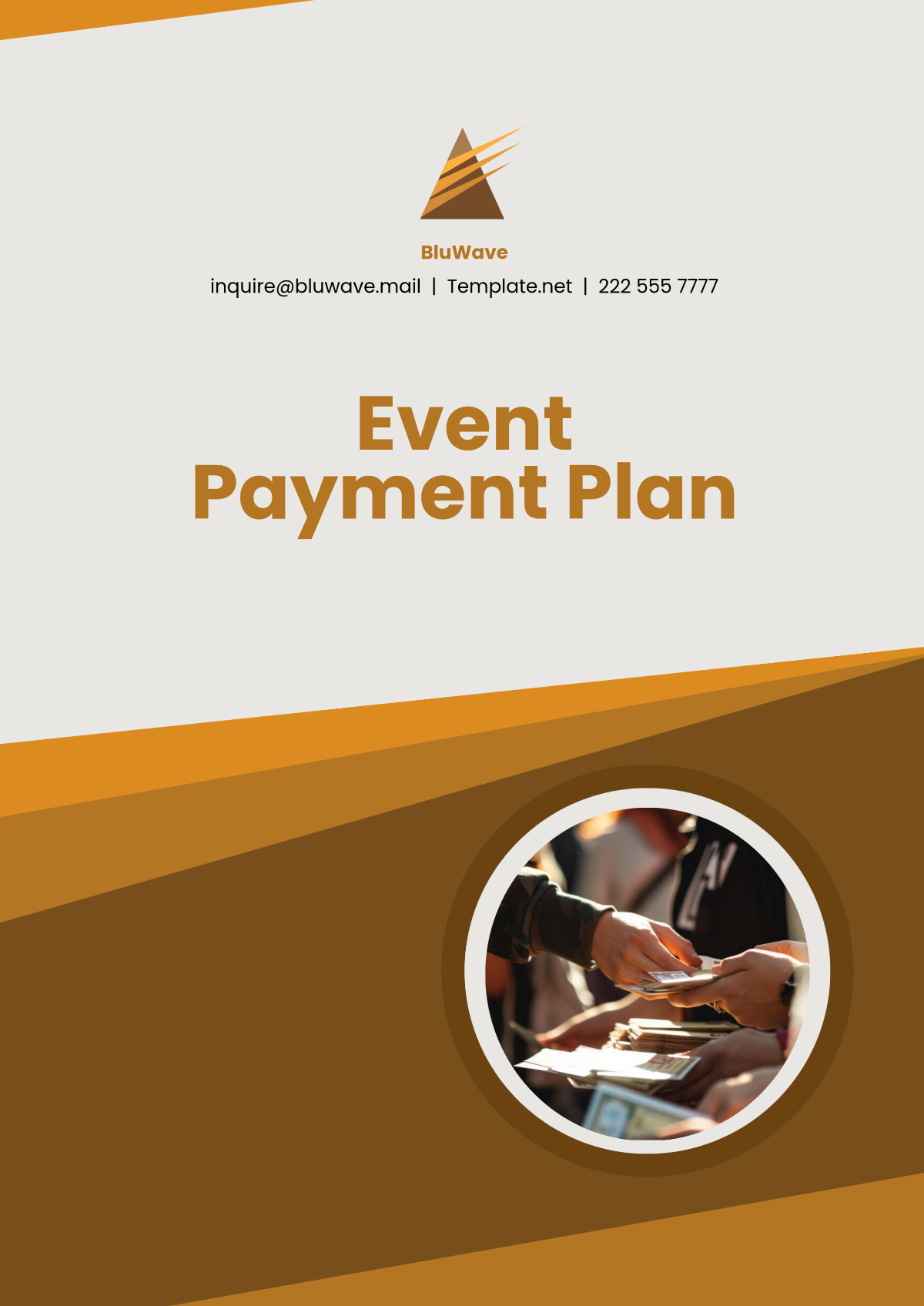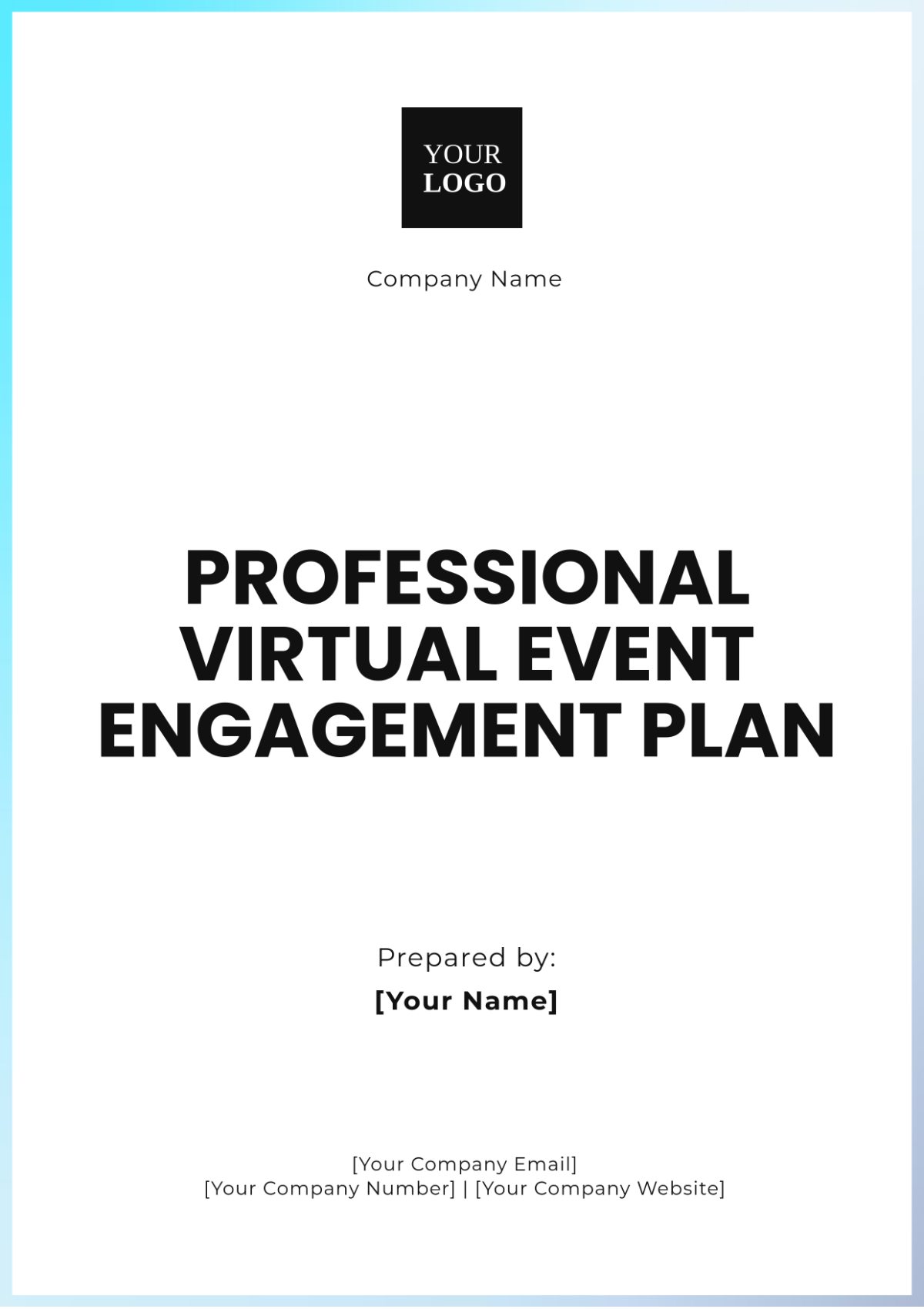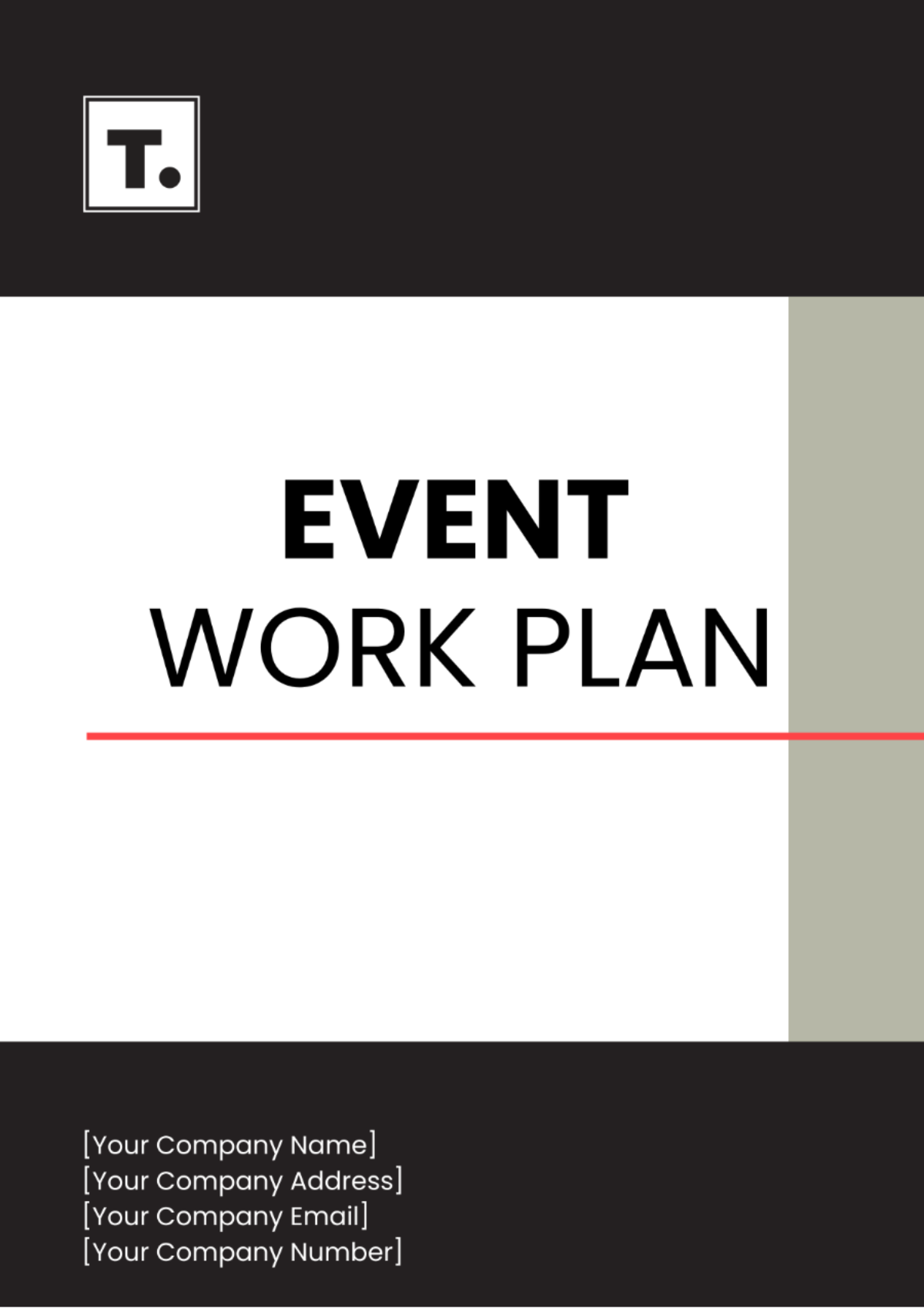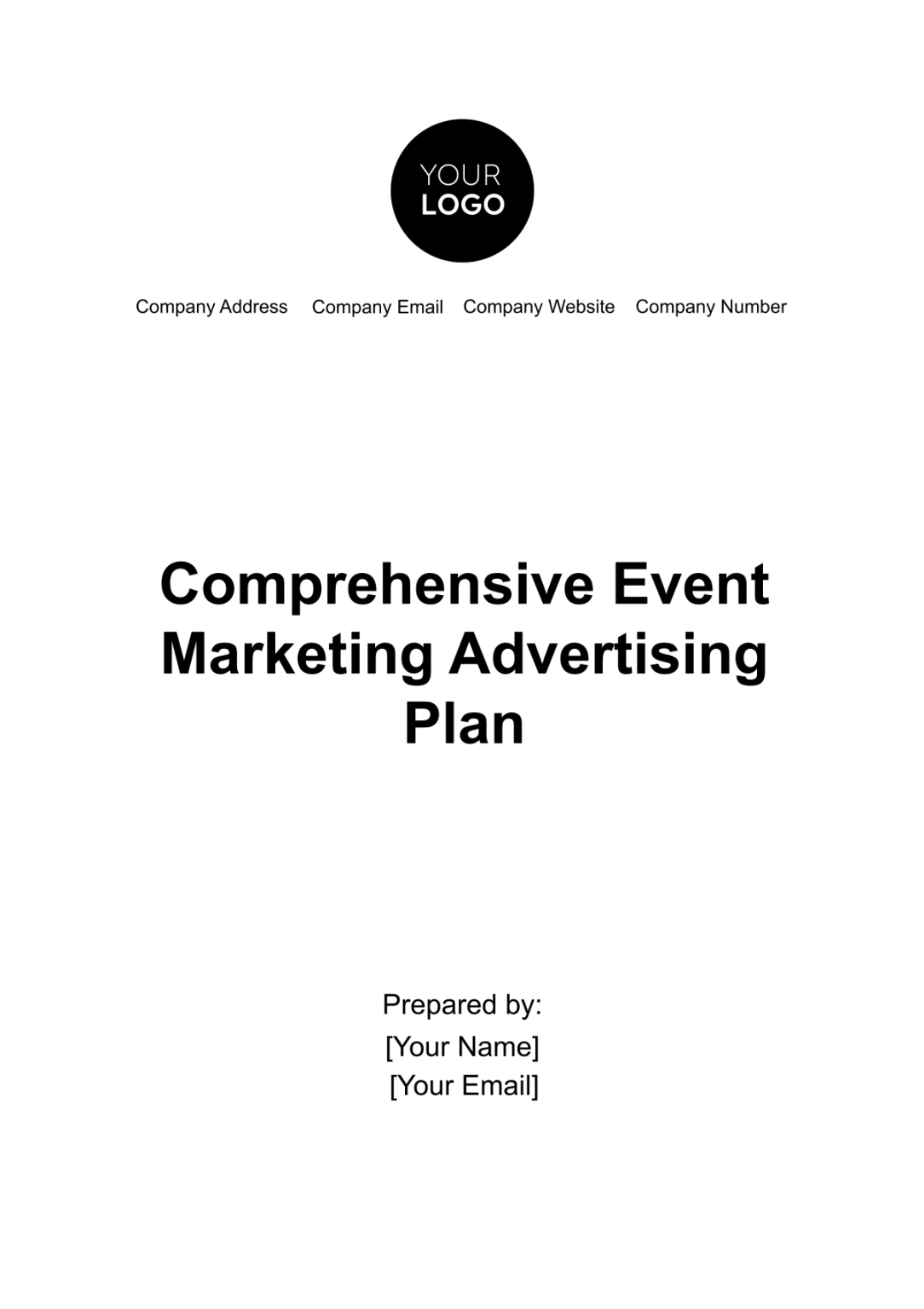EVENT WORK PLAN
Prepared by: | [YOUR NAME] |
Social Media: | [YOUR COMPANY SOCIAL MEDIA] |
I. Introduction
The Event Work Plan is a detailed roadmap essential for orchestrating exceptional events. Crafted meticulously, this template streamlines tasks, timelines, resources, and responsibilities integral to event success. It embodies a structured approach that ensures every facet of your event is meticulously planned and managed.
II. Event Overview
Event Name: [Event Name]
Event Date: [Event Date]
Event Location: [Event Location]
Event Objective: [Event Objective]
III. Pre-Event Planning
Objective Setting
Define primary event goals such as fundraising targets and attendee engagement metrics.
Establish measurable KPIs, including ticket sales, donation amounts, and attendee satisfaction ratings.
Budget Management
Develop a comprehensive budget covering expenses like venue rental, catering, entertainment, marketing, and staff costs.
Monitor budget allocations closely to ensure financial objectives are met without exceeding budgetary constraints.
Vendor Management
Identify and contract reputable vendors for catering, audiovisual services, decor, and event security.
Review vendor contracts, negotiate terms, and coordinate logistics to ensure seamless collaboration.
Marketing and Promotion
Devise a multi-channel marketing strategy encompassing digital ads, social media campaigns, email newsletters, and press releases.
Collaborate with graphic designers, copywriters, and marketing agencies to create compelling promotional materials.
Logistics Planning
Plan logistical elements such as guest transportation, parking arrangements, seating layouts, and technical setups.
Liaise with venue management to finalize event logistics and ensure venue readiness for the event date.
IV. Event Execution
Event Setup and Rehearsals
Coordinate with decorators and event staff to set up thematic decor, stage designs, and lighting arrangements.
Conduct thorough rehearsals with speakers, performers, and event personnel to ensure seamless event execution.
Registration and Check-In
Implement efficient registration systems using online platforms or onsite kiosks for seamless attendee check-in.
Provide attendees with event badges, program schedules, and relevant event materials upon registration.
Program Schedule
Craft a detailed event program outlining keynote speakers, panel discussions, entertainment segments, and networking breaks.
Allocate specific time slots for each program segment and adhere to the event timeline rigorously.
On-Site Management
Oversee event proceedings, address any logistical challenges or attendee inquiries, and ensure a positive attendee experience.
Coordinate with event staff, volunteers, and security personnel to maintain event order and security throughout the duration.
Post-Event Activities
Conduct post-event surveys and feedback collection to gather attendee insights and evaluate event success against predetermined KPIs.
Express gratitude to sponsors, partners, volunteers, and attendees through personalized thank-you notes, certificates, or recognition awards.
V. Post-Event Evaluation
Performance Analysis
Analyze event performance metrics such as attendance rates, revenue generated, fundraising achievements, and attendee feedback scores.
Identify areas of success and areas for improvement based on data-driven insights and stakeholder feedback.
Lessons Learned
Document key learnings, successes, challenges, and actionable insights gained from the event planning and execution process.
Use lessons learned to refine future event strategies, improve planning efficiency, and enhance overall event outcomes.
Financial Reconciliation
Conduct a comprehensive financial reconciliation by comparing actual event expenses and revenues against budgeted projections.
Generate detailed financial reports, profit and loss statements, and expense breakdowns for stakeholders' review and transparency.


